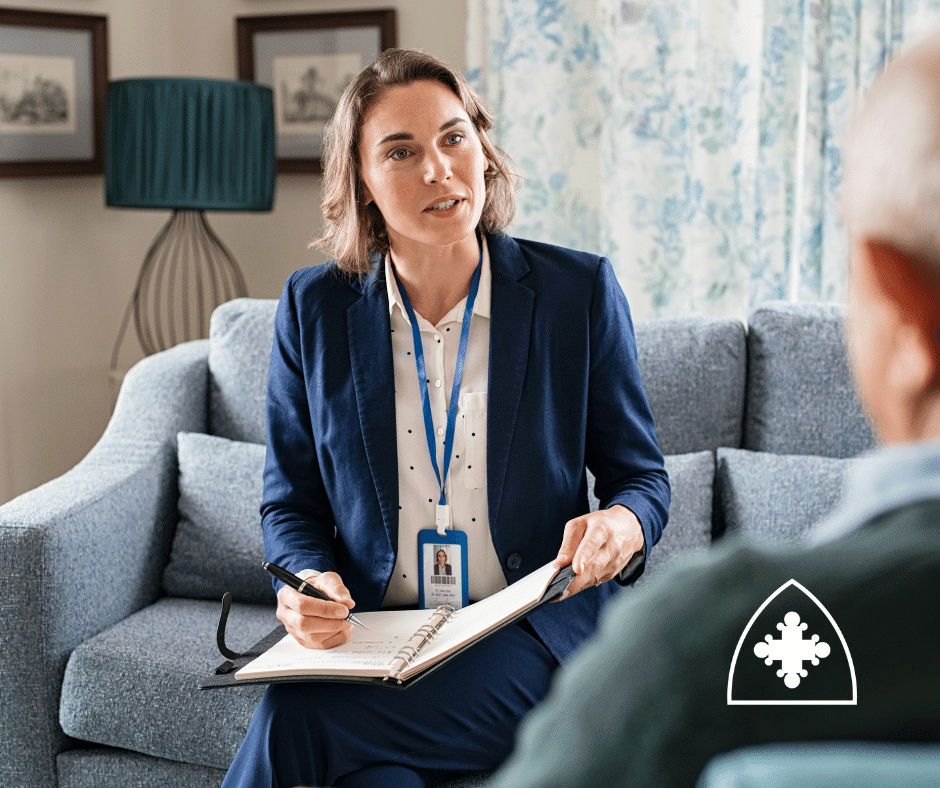
When you’re caring for someone with Huntington’s Disease (HD), there are new symptoms to manage, medical technologies to learn, appointments to schedule, and financial decisions to make all while emotions run high and energy runs low. Social workers are specially trained to meet families at this challenging intersection. They help coordinate complex care across specialties, connect patients and caregivers to community resources, and offer emotional and mental health support every step of the way.
Social workers are part of the care team at ArchCare and in the broader HD community. They sit beside families during intake meetings, check in during health changes, and help make sense of next steps. Their work is deeply personal.
A History of Advocacy
The social work profession has been part of HD advocacy for decades. In the early 1970s, when Huntington’s was less understood and often misdiagnosed, it was social workers who stepped into the gap. With few resources, they formed support groups and taught families about the disease.
One early example came from the Committee to Combat Huntington’s Disease, founded by Marjorie Guthrie, where social workers served as the bridge between overwhelmed families and emerging HD treatment options and research.
Today, social workers are a central part HD Centers of Excellence.
How Social Workers Support Families
As HD progresses from early to advanced stages, social workers adapt their role to meet changing needs. They help families:
- Coordinate Care Across Specialties: From neurologists to rehab therapists, from mental health providers to nutritionists, social workers ensure communication flows across teams and care plans get updated alongside symptom changes.
- Navigate Resources: They connect families to home health programs, insurance and Medicaid support, caregiver services, and skilled nursing options like those offered by ArchCare in Manhattan and Rhinebeck.
- Facilitate Emotional and Mental Health Support: Social workers check in on caregiver well-being, guide children through difficult conversations, and refer families to counseling services.
The Heart of Complex Care
When families are stretched thin, social workers offer structure and support. They speak the language of systems, benefits, coverage, home care and translate it into something families can understand and act on. More than anything, they bring a human heart to complex care.
At ArchCare, our social workers are essential to the care model. Whether a patient lives at home with support or receives 24/7 care in one of our skilled nursing centers, our social workers are the ones who keep everything together.
When Huntington’s Disease reshapes life, what families need most is the right care, coordinated with compassion.
Contact Us for More Information
If your family is considering a facility for Huntington’s Disease care services, please click here for more information. We’re here to support you and your loved one every step of the way.